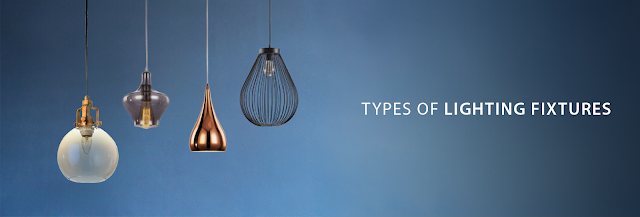Vitrified tiles have become a popular choice for both floors and walls due to their numerous advantages, including durability, cost-effectiveness, and a wide range of options. Composed of silica and clay, these tiles undergo a vitrification process that gives them a glossy finish, closely resembling ceramic tiles. To ensure successful tile installation, it is essential to use a specially formulated tile adhesive for vitrified tiles. Here, we explore the key factors to consider when selecting the right tile adhesive for your vitrified tiles.
Types of Vitrified Tiles
Vitrified tiles come in a variety of sizes, thicknesses, and finishes. Some common types include glazed tiles, full-body tiles, and double-charged tiles. Each type has its unique features and benefits. For instance, Roff Vitrofix Adhesive is an excellent choice for tile-on-tile installation in internal areas, while for external applications, it is recommended only for flooring.
Substrate Compatibility
Ensuring that the tile adhesive is compatible with the substrate is crucial for proper adhesion. The substrate must be clean, flat, and structurally sound. If applying tile adhesive to a wet surface, it's important to verify that the adhesive has a non-slip formula. High-performance tile adhesives are suitable for both domestic and commercial applications, and they should work well on both dry and wet surfaces. Additionally, the surface should be cured before adhesive application to achieve optimal results.
Adhesive Properties
The adhesive used for vitrified tiles must possess specific properties to ensure a durable installation. Key features to look for include bonding strength, heat resistance, water resistance, and sag-resistance. Flexibility is also important as it allows the adhesive to accommodate minor vibrations or movements, ensuring the tiles remain securely in place.
Application
Several factors influence the application of tile adhesive, including temperature, humidity, and moisture levels. The orientation of the tiles, whether horizontal or vertical, also plays a significant role. Roff offers a comprehensive range of tile adhesives designed for various substrates. For instance, Roff Vitrofix Adhesive is ideal for internal area applications. Additionally, the setting time and open time of the adhesive are critical to facilitate easy application.
Storage
Proper storage of tile adhesive is essential to maintain its effectiveness. The best tile adhesives should be stored away from direct sunlight and kept well-covered to ensure they remain usable in the future. Roff Vitrofix Adhesive, for example, boasts an impressive shelf life of 12 months, making it a reliable option for any future remodeling projects.
Also Read: THE KITCHEN STEEL SINK: A TIMELESS STAINLESS STEEL ADDITION TO YOUR CULINARY HAVEN
Conclusion
Choosing the right tile adhesive is paramount to achieving a successful and long-lasting installation of vitrified tiles. Roff offers high-performance tile adhesives that are not only effective but also economically priced. For expert advice and more information, reach out to our executive on the this number 7290001350 or email us at info@parnamisales.com







Comments
Post a Comment